AeroGenie — Ваш интеллектуальный второй пилот.
В тренде
Categories
AAR Gains Exclusive Rights to Over 450 CFM56 Engines in FTAI Partnership
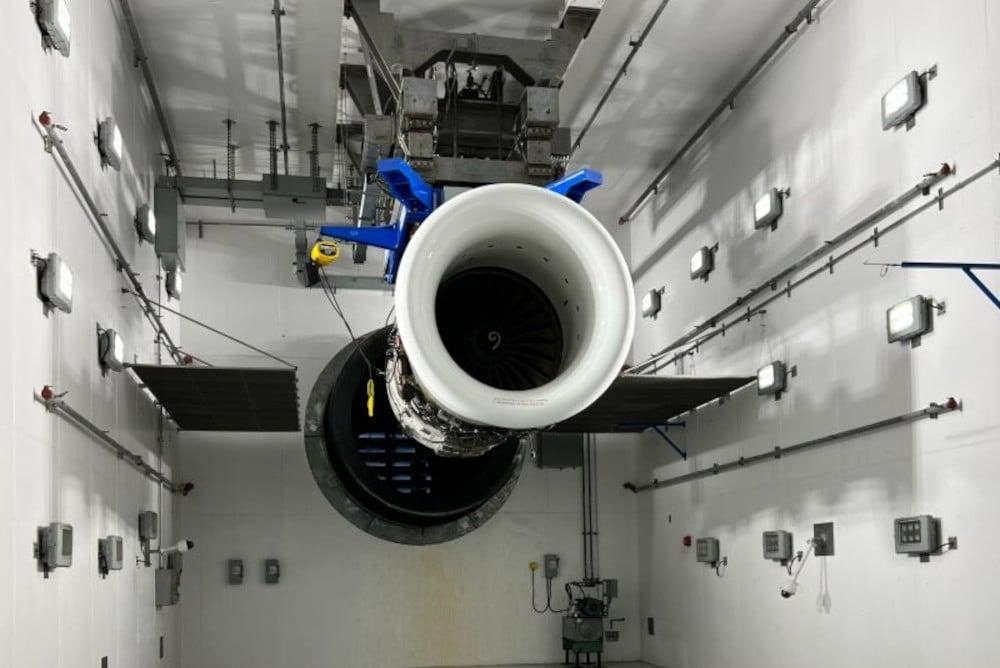
AAR Secures Exclusive Rights to Over 450 CFM56 Engines in Extended FTAI Partnership
Strengthening Collaboration Through 2030
AAR CORP. (NYSE: AIR), a prominent provider of aviation services, has announced the extension of its exclusive Serviceable Engine Products agreement with FTAI Aviation Ltd. (Nasdaq: FTAI). This renewed partnership, now extended through 2030, reinforces their joint commitment to the management and distribution of used serviceable material (USM) for CFM56 engines. Under the terms of the agreement, AAR will maintain its role as the exclusive service provider for FTAI’s expanding CFM56 engine pool, which currently exceeds 450 engines.
The collaboration empowers AAR to oversee the teardown, repair, marketing, and sales of spare parts derived from these engines. This arrangement supports the global aviation aftermarket and complements FTAI’s proprietary Module Factory™, a specialized maintenance facility focused on modular repair and refurbishment of CFM56-7B and CFM56-5B engines. John M. Holmes, AAR’s Chairman, President, and CEO, emphasized the significance of the partnership, noting the sustained demand for the CFM56 platform and the value of combining AAR’s extensive USM offerings, enhanced Component Services capabilities, and global sales network with FTAI’s market position.
Expansion of Capabilities and Market Impact
Since the inception of their original agreement in 2020, AAR has significantly expanded its Component Services operations by acquiring five additional global component repair facilities. These strategic enhancements have bolstered AAR’s capacity to support maintenance, repair, and overhaul (MRO) activities for a broader range of engine components, thereby strengthening its competitive standing within the aviation aftermarket.
Joe Adams, Chairman and CEO of FTAI Aviation, expressed satisfaction with the extended partnership, highlighting its role in delivering cost-effective maintenance solutions that enhance operational efficiency and reduce costs per cycle for airlines worldwide. The extension arrives amid robust demand for CFM56 engine parts, positioning AAR to increase its market share through exclusive access to FTAI’s growing engine inventory.
Industry analysts suggest that while the agreement solidifies AAR’s leadership in the sector, it may also prompt competitors to enhance their service offerings or seek new alliances. Market sentiment appears favorable, reflecting confidence in AAR’s expanded capabilities and the strategic advantages conferred by the partnership.
Company Profiles and Industry Context
Headquartered near Chicago, AAR operates in over 20 countries, serving both commercial and government clients through its four primary business segments: Parts Supply, Repair & Engineering, Integrated Solutions, and Expeditionary Services. FTAI Aviation specializes in the ownership and maintenance of commercial jet engines, particularly the CFM56 and V2500 models. The company leverages its Module Factory and joint ventures to provide airlines, lessors, and MRO customers with flexible, cost-saving maintenance options.
For further details on AAR’s engine solutions, visit AAR’s engine solutions page.
This article contains forward-looking statements subject to risks and uncertainties, including changes in the global economy and shifts in aviation service demand.
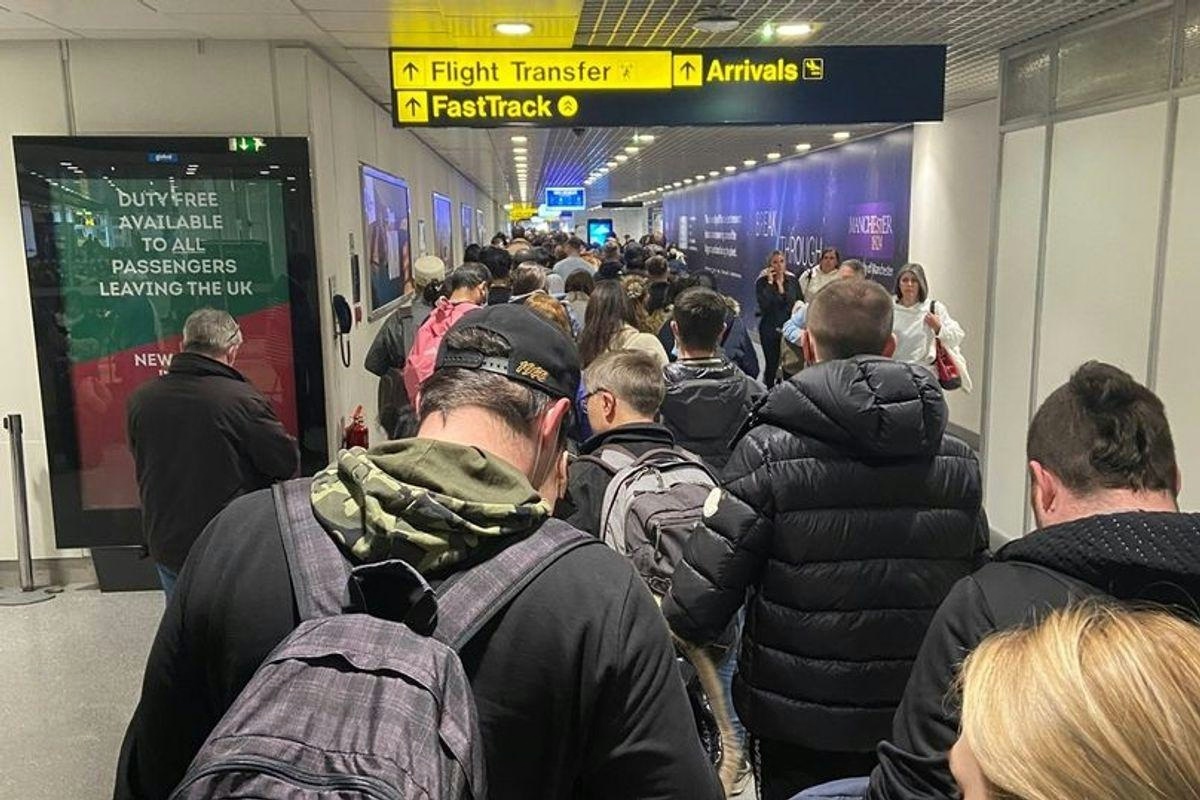
UK Airlines Use AI and WhatsApp to Reduce Passenger Queues
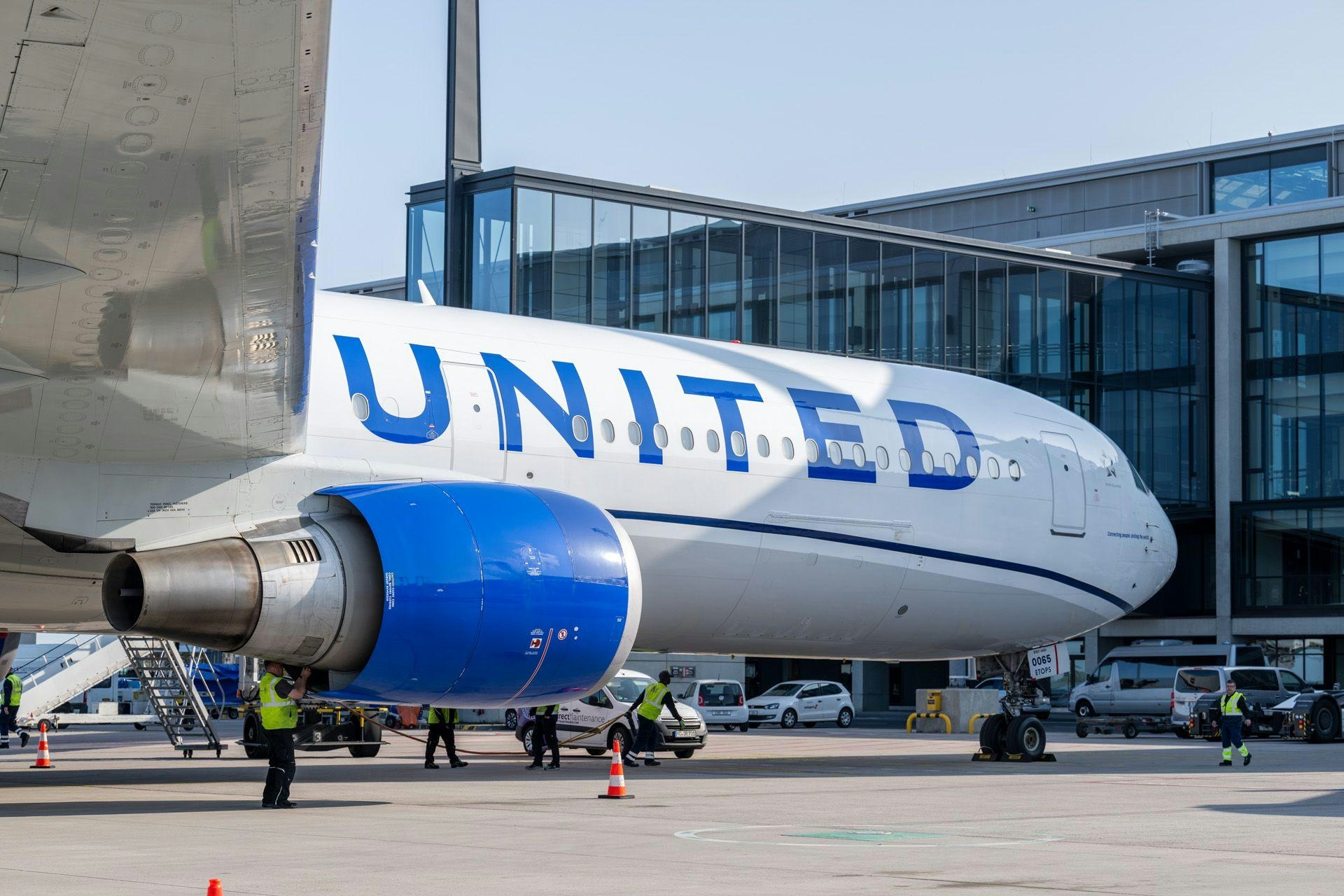
Seven Airlines to Launch Wide-Body Flights in Former Yugoslav Markets
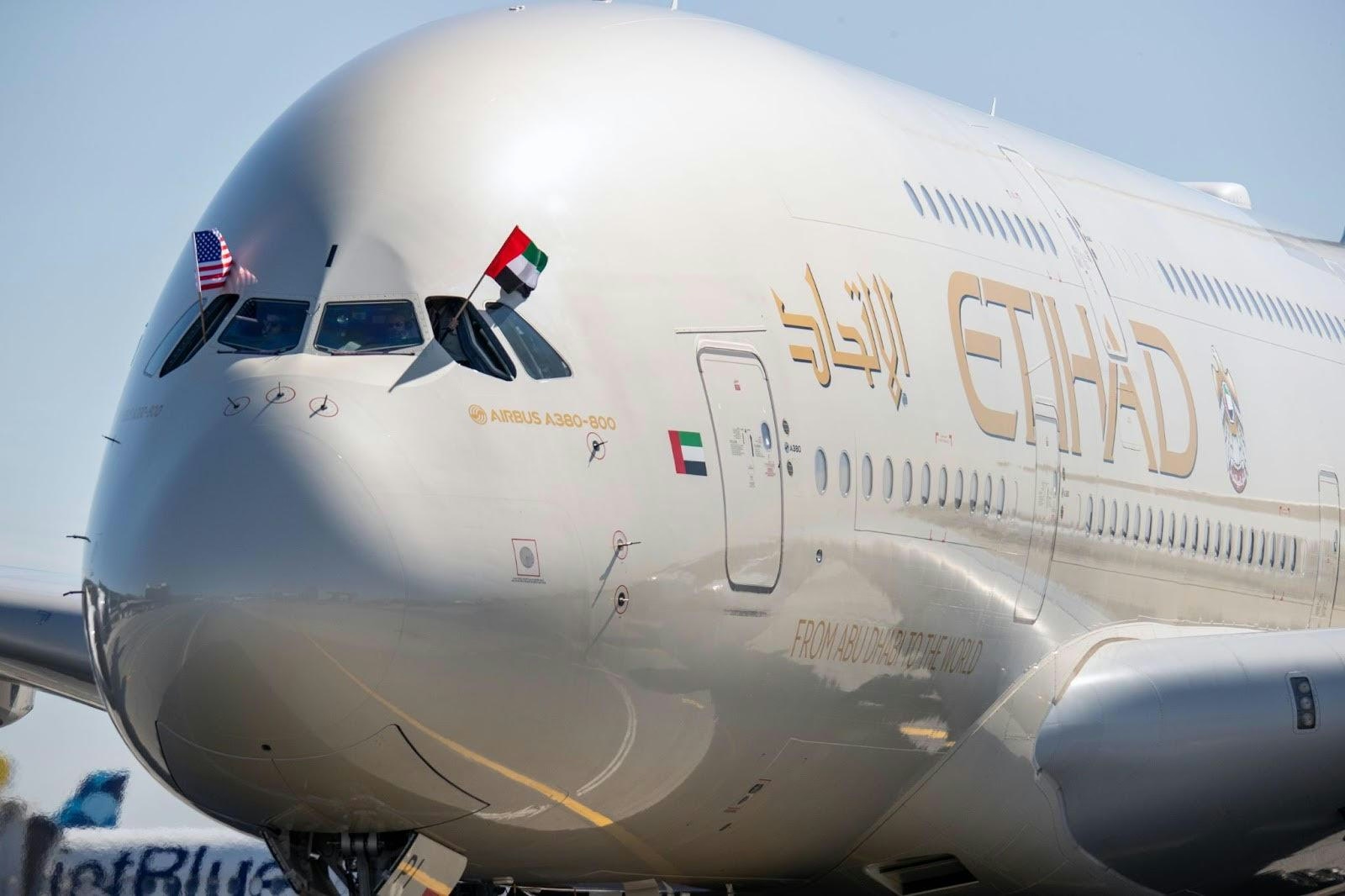
Etihad Airways Withdraws Airbus A380 from 6 Major Global Routes
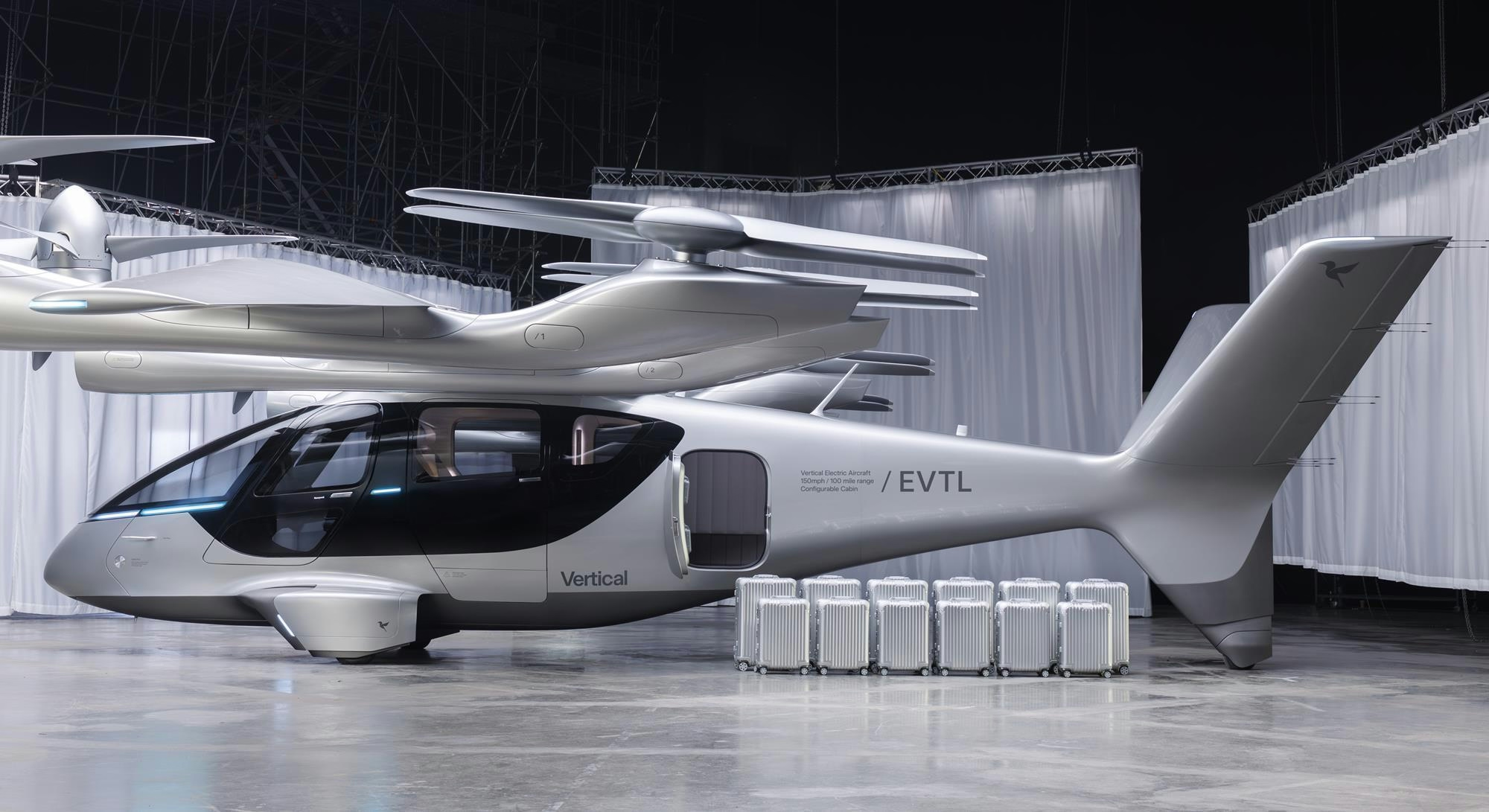
Archer Aviation Sues Vertical Aerospace Over Valo Air Taxi Design, Impacting Major Airlines

Philippine Airlines Reduces Wait Times Using AI Contact Center
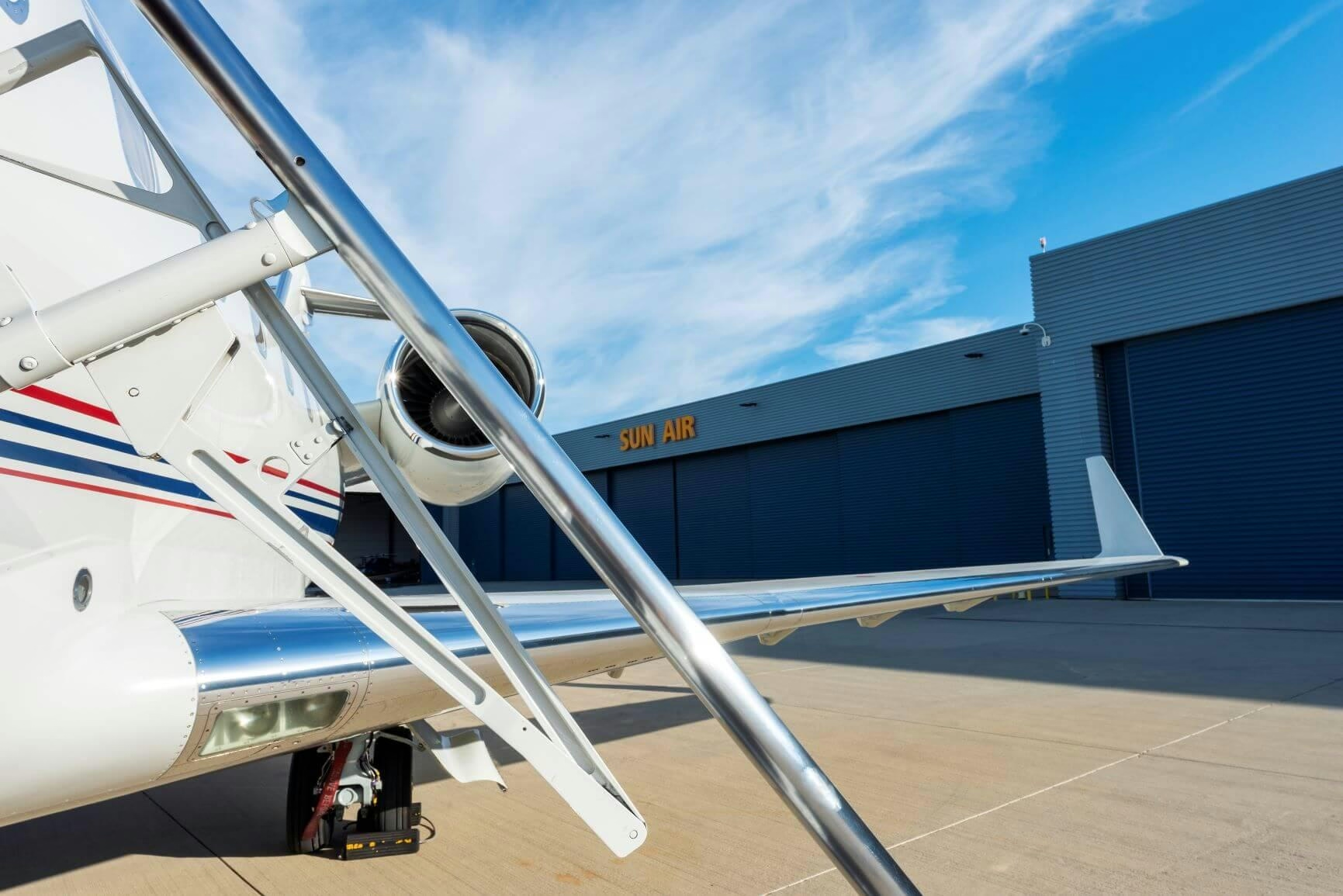
Aviation Regulator Considers Harsher Penalties and Safety Ratings for Charter Operators
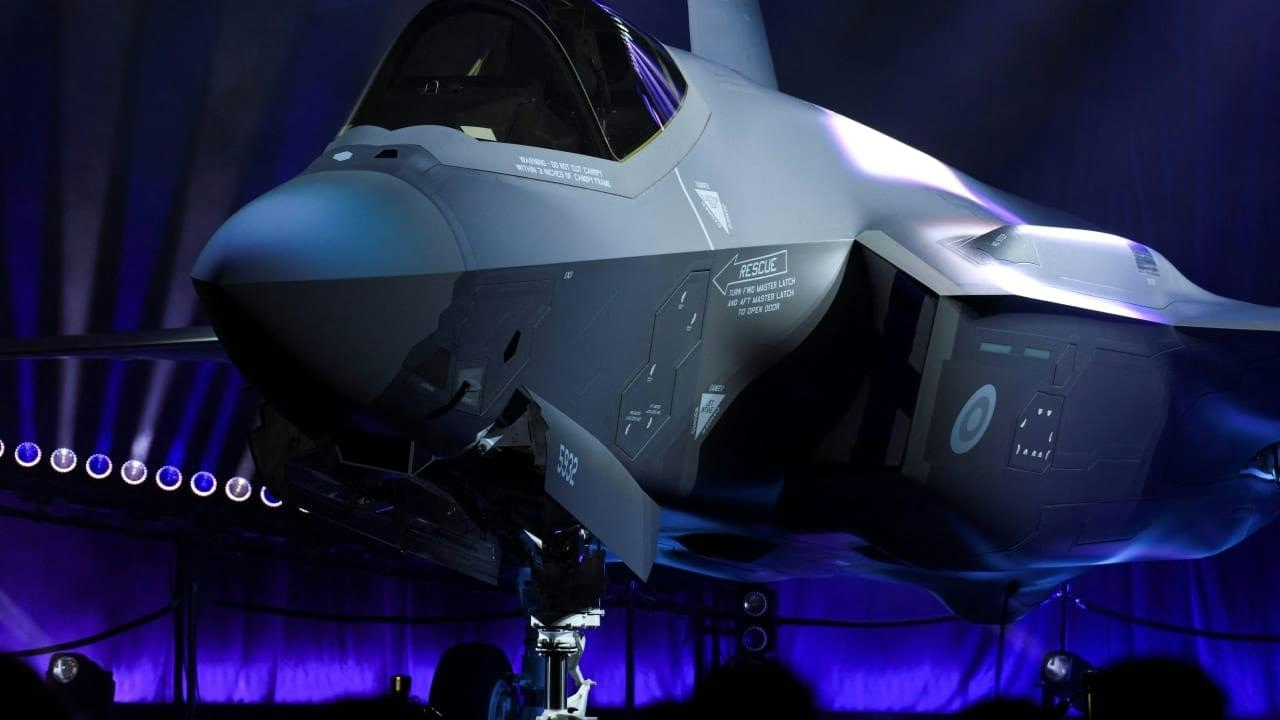
Advanced Fighter Jet Integrates AI for Threat Detection

Air Canada Begins Repatriation Flights from Puerto Vallarta Amid Cartel Violence

ANAC Launches Public Consultations on Reliability-Based Maintenance Rules
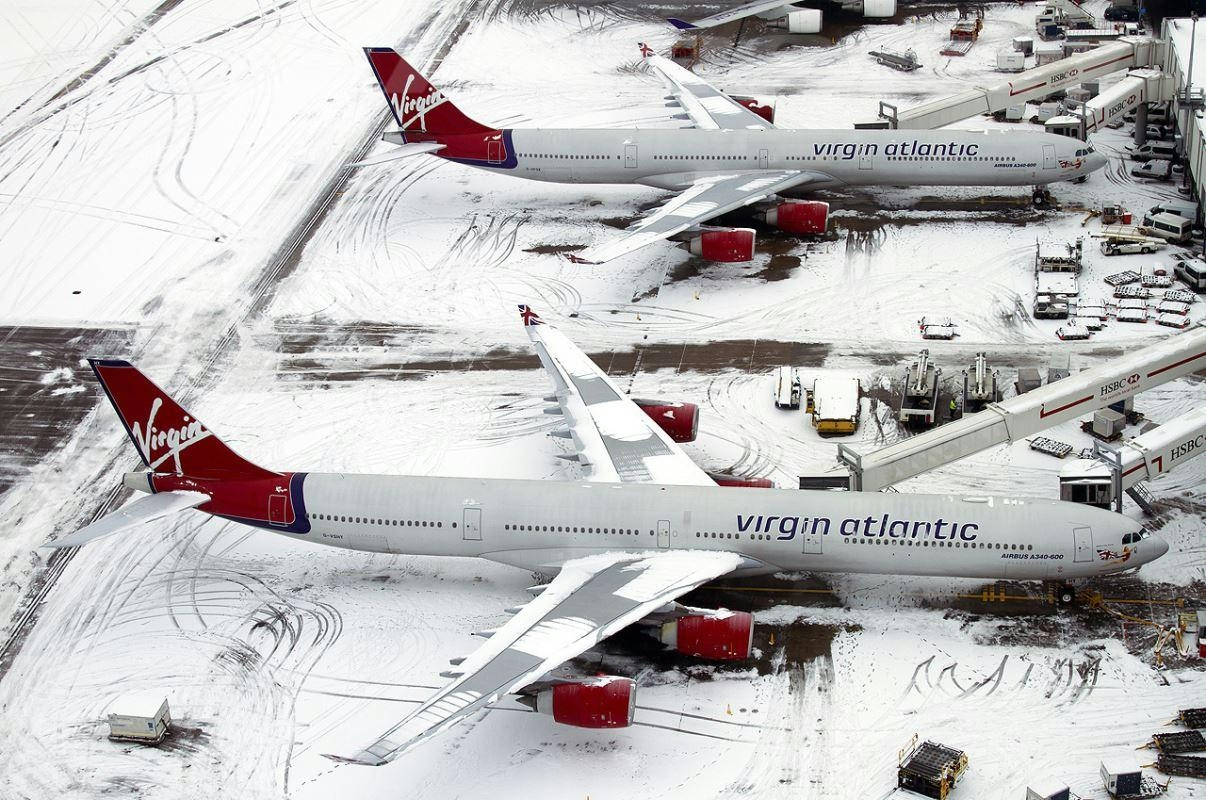
Do the Airbus A380 and A340-600 Share the Same Engines?
